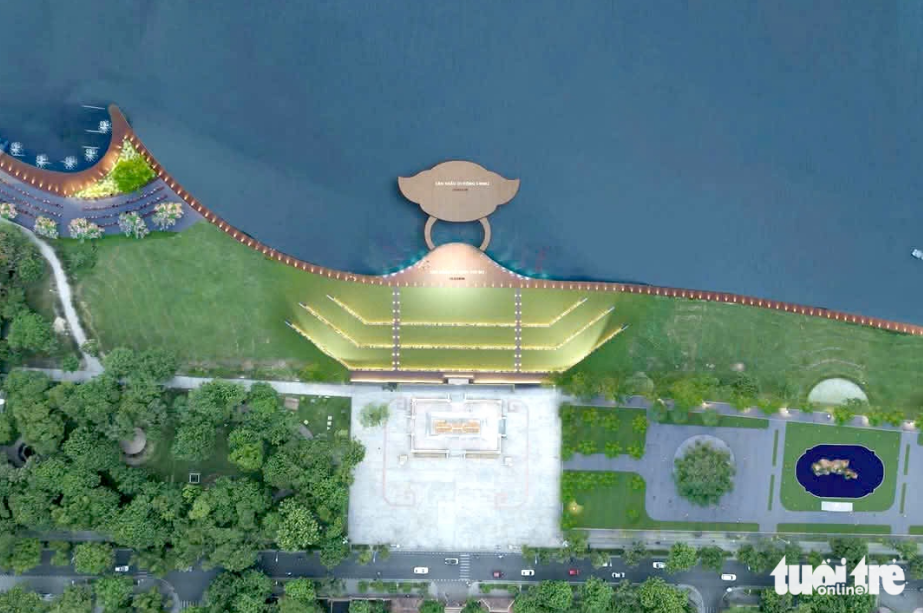During the event, experts and researchers gathered to discuss and clarify the unique values of Nguyen Dynasty culture, its impact on the people of Hue, and strategies for preserving and promoting these values in national development and international integration.
Participants acknowledged that efforts to preserve and promote these cultural values are currently limited due to a lack of policies, human resources, and investment in conservation and restoration work.
Dr. Tran Duc Anh Son from Dong A University emphasized the need for effective management policies, appropriate investment in restoring historical relics, and communication activities to promote these relics and cultural heritage in Hue.
In addition to the efforts of the authorities, it is crucial to involve the community, especially the younger generation, in the study and appreciation of this cultural heritage.
Established as the capital of unified Vietnam in 1802, Hue was not only a political center but also a cultural and religious hub under the Nguyen Dynasty until 1945.
Hue is now home to the most significant cultural heritages left by the dynasty, including tangible and intangible treasures such as citadels, mausoleums, palaces, shrines, pagodas, royal festivals, royal court music, royal dances, cuisine, and historical records.
With domestic efforts and international support, the preservation of Hue’s cultural heritage has achieved remarkable success in recent years. Particularly notable is the Complex of Hue Monuments, which, nearly three decades after its recognition as a World Cultural Heritage by UNESCO in 1993, has successfully transitioned from a stage of emergency rescue to stability and sustainable development.
Currently, Hue is home to five UNESCO-recognized heritages: the complex of Hue monuments (1993-tangible heritage), court music – Vietnamese royal music (2003-intangible heritage), woodblocks of the Nguyen Dynasty (2009-documentary heritage), documents of the Nguyen Dynasty (2014-documentary heritage), and literature on Hue royal architecture (2016-documentary heritage).
Festival to feature national intangible cultural heritage opens
NDO – The Ministry of Culture, Sports and Tourism coordinated with Tuyen Quang People’s Committee to open “Le hoi Thanh Tuyen” (Tuyen Quang City Festival) and festival on performing national intangible cultural heritage, in Tuyen Quang City, on September 12.
Enhancing Operational Efficiency at Vietnam’s World Heritage Sites
NDO—Nhan Dan recently published a Vietnamese-language story calling for an immediate end to the organisation of parties in the caverns at Ha Long Bay, which revealed typical shortcomings in the management of World Heritage Sites in Vietnam. But we must look no further than some limitations of the current management model to uncover the main cause of such confusion.









